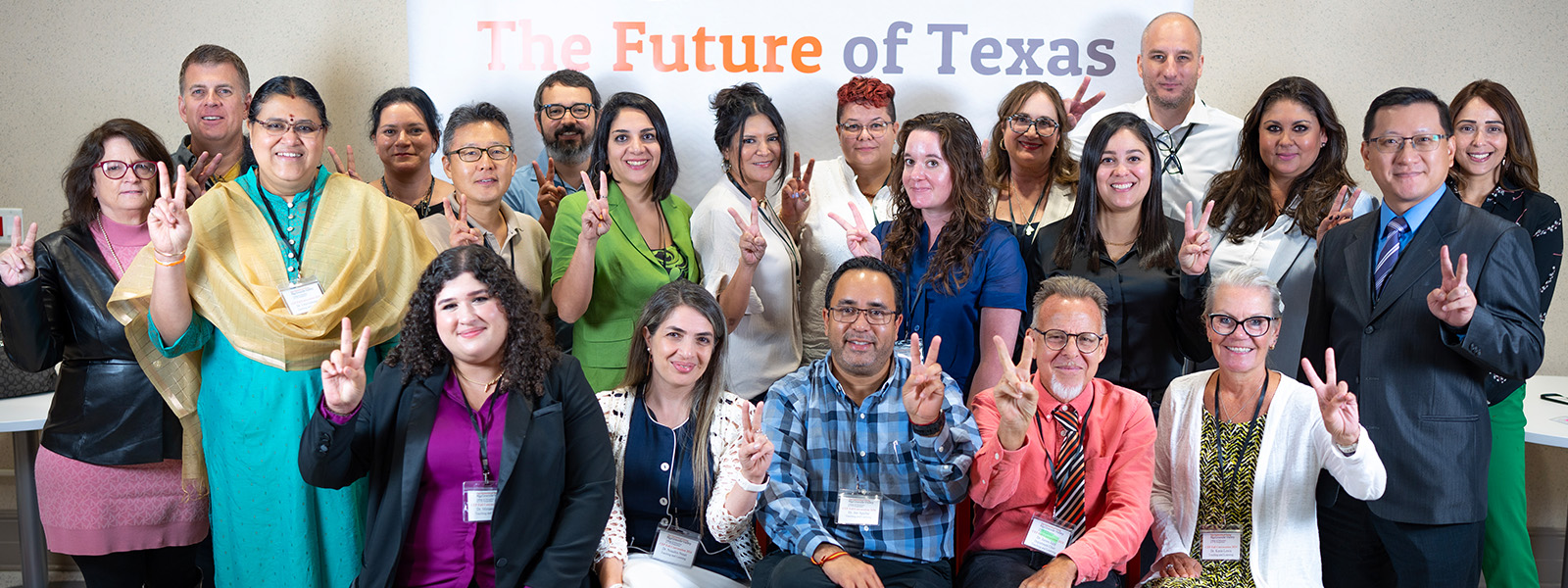
Teaching and Learning Faculty Publications
Nací Allá: Meanings of US Citizenship for Young Children of Return Migrants to Mexico
Document Type
Article
Publication Date
12-30-2020
Abstract
In this essay, Joanna Dreby, Sarah Gallo, Florencia Silveira, and Melissa Adams-Corral use a transnational frame to explore the meanings of US citizenship for binational children and its importance to experiences of belonging. Drawing on interviews with children ages six to fourteen living with their Mexican-born parents in rural Puebla, their analysis shows that children view US citizenship as signaling their social location in a historically based migratory system and that the meaning of this social location on children’s daily lives differs given their transnational experiences, specifically the extent of US schooling they received. Migration thus engenders understanding of power and privilege among young children and influences how they negotiate among their peers. The authors argue that young children may exhibit “critical postures” arising from their migratory experiences. They conclude that schools on both sides of the border can view migrant children’s experiences and critical perspectives as assets that may provide more flexible spaces for learning and belonging.
Recommended Citation
Dreby, J., Gallo, S., Silveira, F., & Adams-Corral, M. (2020). Nací allá: Meanings of US citizenship for young children of return migrants to Mexico. Harvard Educational Review, 90(4), 573-597. https://doi.org/10.17763/1943-5045-90.4.573
Publication Title
Harvard Educational Review
DOI
10.17763/1943-5045-90.4.573


Comments
Copyright © by the President and Fellows of Harvard College